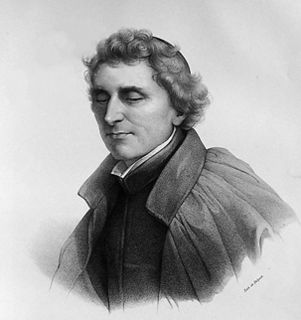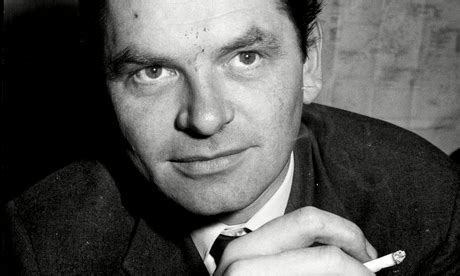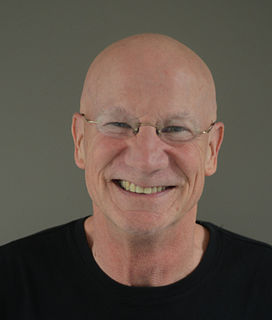A Quote by C. S. Lewis
Catch {a man} at the moment when he is really poor in spirit and smuggle into his mind the gratifying reflection, "By jove, I'm being humble," and almost immediately pride - pride at his own humility - will appear.
Quote Topics
Related Quotes
The foundation of humility is truth. The humble man sees himself as he is. If his depreciation of himself were untrue,... it wouldnot be praiseworthy, and would be a form of hypocrisy, which is one of the evils of Pride. The man who is falsely humble, we know from our own experience, is one who is falsely proud.
...there began to come to her a first dim realization of God's humility. Rejected by the proud in His own right by what humble means He chose to succor them; through the spirit of a child, a poor gypsy or an old man, by a song perhaps, or even it might be by the fall of a leaf or the scent of a flower. For His infinite and humble patience nothing was too small to advance His purpose of salvation and eternity was not too long for its accomplishment.
Julian was not insensible of the advantages of freedom. From his studies he had imbibed the spirit of ancient sages and heroes; his life and fortunes had depended on the caprice of a tyrant; and, when he ascended the throne, his pride was sometimes mortified by the reflection that the slaves who would not dare to censure his defects were not worthy to applaud his virtues.
Let's just call things what they are. When a man's love of finery clouds his moral judgment, that is vanity. When he lets a demanding palate make his moral choices, that is gluttony. When he ascribes the divine will to his own whims, that is pride. And when he gets angry at being reminded of animal suffering that his own daily choices might help avoid, that is moral cowardice.
There is not a manufacturer or tradesman in existence, who would not employ a man who takes a reasonable degree of pride in the appearance of himself and those about him, in preference to a sullen, slovenly fellow, who works doggedly on, regardless of his own clothing and that of his wife and children, and seeming to take pleasure or pride in nothing.





































